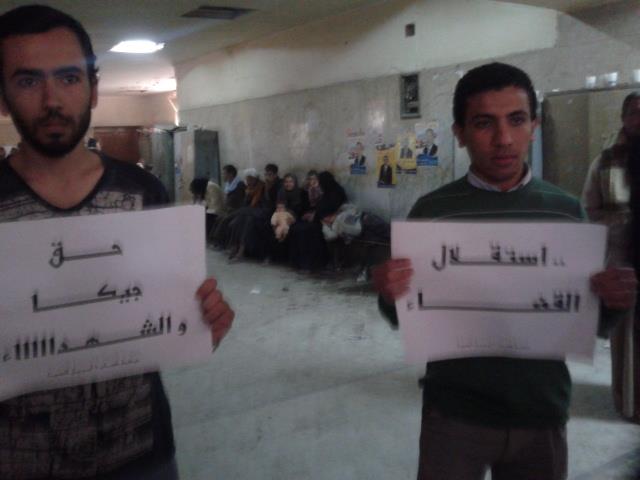What does it mean to be “civilized ? Obviously, being highly educated, wearing a tie, eating with a fork, or cutting one’s nails weekly is not enough.
We all know that being “civilized in this formal way doesn’t prevent people from behaving like barbarians. Everywhere and at all times, being civilized means being able to recognize and accept the humanity of others, despite their different modes of living.
That may seem like an obvious point, but it is not universally accepted. The idea of dialogue between civilizations usually gets a good press, but it is also sometimes mocked. The conclusion of Elie Barnavi’s recent essay Les religions meurtrières (“Murderous religions ) is entitled “Against the dialogue of civilizations. His argument is implacable: “There is civilization on one hand and barbarism on the other. There is no possible dialogue between them.
But if you look at this line of argument more closely, the flaw in Barnavi’s argument is immediately apparent. The meaning of the words civilization and culture is very different when they are used in singular and plural forms.
Cultures (plural) are the modes of living embraced by various human groups, and comprise all that their members have in common: language, religion, family structures, diet, dress, and so on. In this sense, “culture is a descriptive category, without any value judgment.
Civilization (singular) is, on the contrary, an evaluative moral category: the opposite of barbarism. So a dialogue between cultures is not only beneficial, but essential to civilization. No civilization is possible without it.
Contrary to what proponents of the idea of a “clash of civilizations claim, encounters between different cultures usually take place easily and peacefully, because we are psychologically prepared for them. Everyone is the product of several cultures, even if one has never left his home country, because culture is not only national. All of us carry within us the culture of our sex, age group, wealth, class, and job.
This plurality of cultures usually does not present any problems for us, because shifting from one cultural code to another is a universal human faculty. After all, we don’t talk in the same way to every person we meet during the day.
Moreover, cultures related to a given territory are never really “pure . As far back as you can go in the history of a country like France, you will find meetings between different tribes and ethnic groups, and thus different cultures: Gallics, Franks, Romans, and many others. Everywhere we look (except, perhaps, in New Guinea’s deep valleys, where obscure tribes may remain isolated from one another), there are only mixed cultures. But, while some cultures are proud of their plurality, others try to hide it.
The concept of a dialogue between cultures is sometimes strained, or seems only a pious hope, because we ask it to do the impossible: solve inflamed political conflicts. Dialogue, as benevolent as it may be, can’t resolve questions related to people’s freedom of movement, or to the sharing of territory or natural resources. Politics and culture don’t work on the same level: the former governs action, the latter influences mentalities; the former deals with emergencies, the latter can require generations to produce any result.
We should work for this type of dialogue by beginning with simple and modest initiatives. We need more translations of the ideas and literatures of other countries, more long stays abroad for university students, more teaching of foreign languages and encouragement of study about other cultures, and more confrontation between national memories (say, between France and Algeria).
Some measures of this type already exist in the European Union, but they should be introduced elsewhere: North Africa, the Middle East, India, China, Japan, and Latin America. The best way to initiate a dialogue is to disregard clichés and generalities, and instead to promote gatherings between human beings.
For the moment, politics has claimed paramount status. Yet, from another point of view, dialogue prevails over war and the stubborn defense of what one believes to be his identity, because it brings us closer to the vocation of humanity.
The novelist André Schwarz-Bart used to tell this story: A chief rabbi was once asked why the stork, which is called Hassada (affectionate) in Hebrew because it loves its own kind, is classified among unclean animals.
“Because, the rabbi replied, “it gives its love only to its own kind.
Tzvetan Todorov is Directeur de recherche honoraire at the CNRS in Paris, and the author of many books on history and culture. This commentary is published by DAILY NEWS EGYPT in collaboration with Project Syndicate/Institute for Human Sciences, (www.project-syndicate.org).
